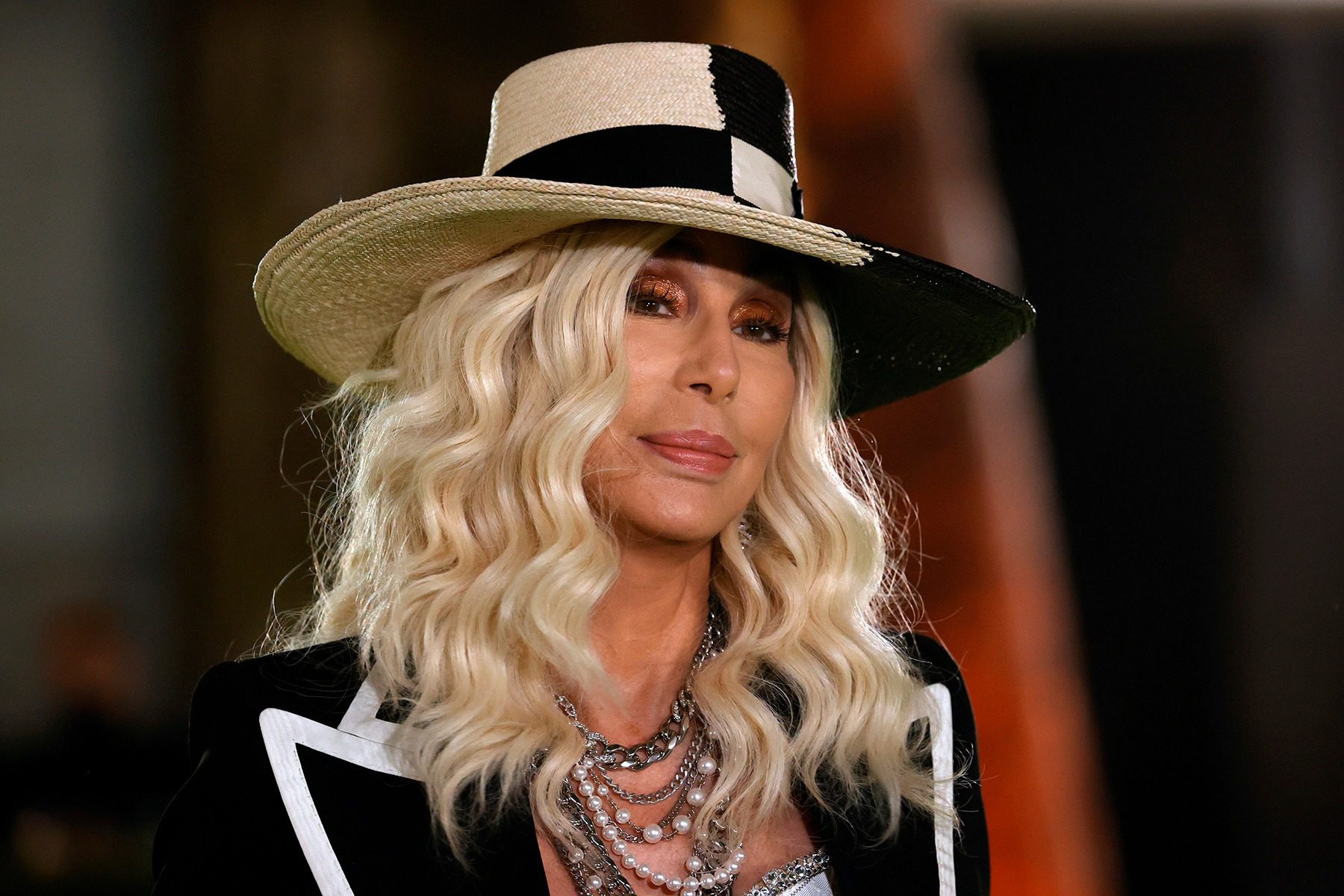
Cher’s $1 Million Royalty War With Sonny Bono’s Widow Tested in Court
Cher’s lawsuit claiming Sonny Bono’s widow, Mary Bono, owes her $1 million in unpaid royalties for Sonny & Cher songs — including hits like “I Got You Babe” — had its first major court hearing Monday, April 25, with a federal judge asking a telling hypothetical.
U.S. District Judge John A. Kronstadt heard arguments on a pending motion to dismiss the suit and challenged Mary Bono’s position that the federal Copyright Act allows her to terminate the 50% right to royalties that Sonny Bono agreed to fork over to Cher when the former couple signed their divorce settlement in 1978.
In his hypothetical, Judge Kronstadt asked what would happen if two spouses ended a lengthy marriage and, “like here,” one of the spouses agreed to waive spousal support in exchange for royalty payments. “A year later, while both spouses are still alive, there’s this termination of the source of the revenues so that the spouse who was going to be getting the revenues doesn’t get them anymore. Having waved spousal support a year earlier, do you think that spouse would be remedy-less?” the judge asked.
blogherads.adq.push(function () {
blogherads
.defineSlot( ‘medrec’, ‘gpt-dsk-tab-article-inbody1-uid0’ )
.setTargeting( ‘pos’, [“mid-article”,”mid”,”in-article1″,”mid-article1″] )
.setSubAdUnitPath(“music//article//inbody1”)
.addSize([[300,250],[620,350],[2,2],[3,3],[2,4],[4,2],[640,250]])
;
});
“They couldn’t go back to the court and say they need to change or modify the judgment they previously entered because it assumed they’d be receiving revenues they’re no longer getting?” Kronstadt continued
Bono’s lawyer, Daniel J. Schacht, said the court’s hypothetical raised a “fairness” question that seemed to work against his client’s position. But he argued that overall, the provision of the Copyright Act that allows artists and heirs terminate and recapture rights after many years is meant to enforce fairness and protect against unreasonable, never-ending deals controlling enduring works.
“This is a rule that has to be applied universally,” Schacht said. “And it’s not, quite frankly, the Chers of the world that Congress is worried about, it’s the publishers. They’re trying to protect authors and grant them another bite at the apple.”
Cher’s lawyer, Peter J. Anderson, said the judge’s hypothetical was “another reason to conclude that these are state law rights that are excluded from the scope of termination” outlined in the Copyright Act.
“The heirs are not strangers. They succeeded to Sonny’s rights under a contract that said that his rights were subject to the obligations that he had undertaken (in) the marital settlement agreement. So the idea that they’re free to do anything they want is not what was contemplated by the Copyright Act because it specifically excludes state rights and specifically limits termination to grants of copyright. Royalty rights are not rights under the Copyright Act,” Anderson argued.
At the end of the hearing, Judge Kronstadt gave both sides two weeks to file further arguments ahead of his ruling.
Mary Bono — who was elected to replace Sonny in Congress just months after his 1998 death in a skiing accident — claims in her dismissal motion paperwork that federal law, specifically the Copyright Act, trumps any state contract or community property laws cited by Cher in her breach of contract complaint filed Oct. 13 in federal court in Los Angeles.
In her lawsuit, Cher claims Mary Bono, 60, and the Bono Collection Trust are trying, illegally, to terminate her 50% share of the composition and recording royalties for Sonny & Cher songs she was awarded in her 1978 divorce. According to Mary Bono, that 50% stake has expired, with the rights flowing back to Sonny’s heirs.
blogherads.adq.push(function () {
blogherads
.defineSlot( ‘medrec’, ‘gpt-dsk-tab-article-inbody2-uid1’ )
.setTargeting( ‘pos’, [“mid-article2″,”mid”,”in-article2″,”mid-article”] )
.setSubAdUnitPath(“music//article//inbody2”)
.addSize([[300,250],[300,251],[620,350],[2,4],[4,2],[3,3],[2,2]])
.setLazyLoadMultiplier(2)
;
});
“Sonny could grant Cher his then-current rights, including a 50% royalty interest in his copyrights. Sonny could not, however, have signed away his heirs’ future rights of termination,” Mary’s dismissal motion read. “The heirs’ right to terminate under the Copyright Act preempts Cher’s state law breach of contract claim. Therefore, her claim fails.”
While Cher’s lawsuit cites Mary Bono, individually and as trustee of The Bono Collection Trust, as the only named defendant, the action also affects Sonny Bono’s other heirs, including Chaz Bono, Cher’s only child with Sonny, as well as Chesare Bono, Chianna Bono and Christy Bono, Mary’s paperwork states.
Cher, 75, is a Grammy, Oscar, and Emmy winner who began performing with Sonny Bono in 1964 and appeared with him in The Sonny & Cher Comedy Hour before moving on to a solo singing career and critically acclaimed roles in the movies Silkwood, Mask, The Witches of Eastwick and Moonstruck.




